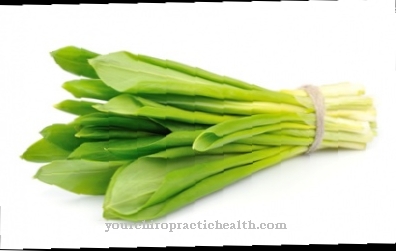At Mustard oil it concerns the essential as well as the fatty oil from the mustard seeds. Organic isothiocyanates are also known as mustard oil. The oil is a special strategy used by plants to ward off pests.
Occurrence and cultivation of mustard oil

At Mustard oil it is an oil with a pungent odor and a pungent taste. The oil is contained in various plants that protect themselves from various pests. Mustard oils are only created when a plant is injured by an eating animal. In the meantime the discovery has been made that mustard oils can be used to treat numerous diseases.
Above all, their possible use as a substitute for chemically produced antibiotics is remarkable. Mustard oil is made up of two different types of oil, namely fatty oil and essential oil. The seeds of black mustard contain up to 30 percent vegetable oil. From a chemical point of view, this oil, like most vegetable oils, is a so-called triglyceride. It is therefore characterized by a high content of unsaturated fatty acids.
This oil is particularly popular as a food in Indian cuisine, but its use is not unreservedly recommended. Because when raw or not sufficiently heated, the glycerides in mustard oil contain the so-called erucic acid, which in the long term can lead to fatty degeneration of the heart. In India, cold-pressed mustard oil is usually briefly and intensively heated to the smoke point when cooking. This will reduce the pungent taste caused by the isothiocyanates.
In the USA and the EU, mustard oil may only be sold as food on the condition that the erucic acid content is less than five percent. In addition to the fatty oils, mustard oil also contains hot essential oils. These provide the burning taste of horseradish, mustard, wasabi, radishes, rocket and cress. With dry mustard seeds, the characteristic, burning taste only arises when water is added. Because only then can the essential oil be released.
Effect & application
Mustard oils have an inhibiting effect on specific bacteria and viruses. This effect is primarily seen in infections of the respiratory tract and urinary organs. In-vitro tests with mustard oils have shown that the contained 2-phenylethyl isocyanate, benzyl isothiocyanate and allyl isothiocyanate could reduce the virus growth of the lung epithelial cells infected with the risky influenza A virus H1N1 by almost 90 percent.
In addition, further in vitro tests have shown that mustard oils have an antibacterial effect with a wide spectrum. This effect is primarily seen in mustard oils made from horseradish or nasturtiums. The antibacterial effect of mustard oil can be particularly useful in combating bacterial pathogens. It also occurs with problematic germs such as vancomycin-resistant enterococci, MRSA or penicillin-resistant pneumococci.
In addition, mustard oil activates the so-called TRPV1 and TRPA1 channels by means of certain cysteines. These channels are permeable to calcium ions and are able to register and trigger both acute and inflammatory pain signals. This effect can be compared to the mode of action of capsaicin and is used, for example, in combination with gold compounds to treat rheumatoid arthritis.In addition, research is being carried out into an application in tumor treatment.
In addition, mustard oil can also fight antibiotic-resistant germs. This means that patients can dispense with antibiotic therapy, which is a clear advantage. Antibiotic resistance is becoming increasingly problematic and is spreading. Therefore, it makes more sense to treat simple bacterial infections with herbal supplements. Mustard oil made from horseradish and nasturtiums can be used for uncomplicated bladder infections, for example.
Mustard oil is also used in conjunction with clay, cayenne pepper and water as a so-called Munari pack and is used as part of heat therapy for tension and pain in the musculoskeletal system. A corresponding massage can also be carried out.
Importance for health, treatment & prevention
Mustard oils have an anti-inflammatory and anti-infection effect that is comparable to that of numerous antibiotics. Various studies have shown that mustard oils can inhibit up to 13 different types of bacteria from multiplying. This keeps viruses and bacteria under control, which, for example, can cause infections of the respiratory tract and the intestines. In addition, mustard oils can also fight fungi effectively, which is why they can also be used for urinary tract infections and cystitis.
Such natural antibiotics are usually obtained primarily from nasturtiums, chamomile, horseradish, sage, thyme and garlic. In addition, mustard oils made from horseradish and broccoli are said to help prevent cancer. The substances contained in broccoli are said to be able to destroy the Helicobacter pylori germ, which can promote both stomach ulcers and cancer.
Various precursors of mustard oils have shown in studies that they can fight stomach cancer, esophageal cancer, liver cancer, breast cancer and lung cancer. Mustard oils made from horseradish are particularly effective against inflammation and rheumatism. They are able to reduce the pain stimulus through a kind of counter-stimulus.
This will relieve pain and reduce inflammation. Cystitis can be treated with mustard oil in tablet form, which is available at pharmacies. Compared to antibiotics, such agents have significantly fewer side effects. In particular, female patients with chronic cystitis can benefit from mustard oil.

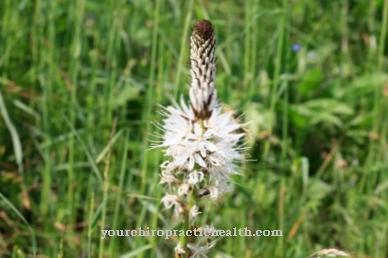
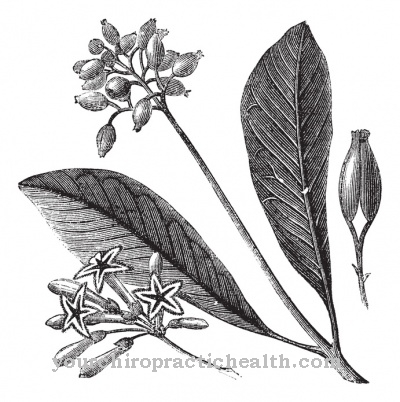
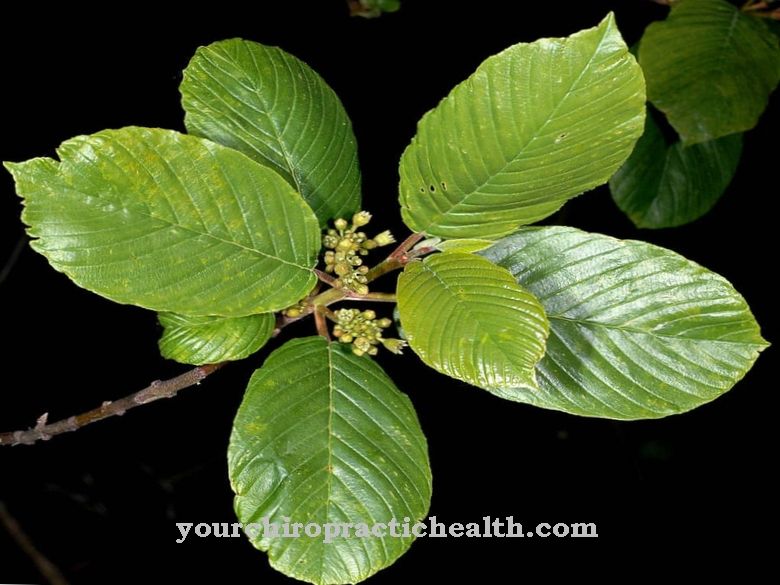


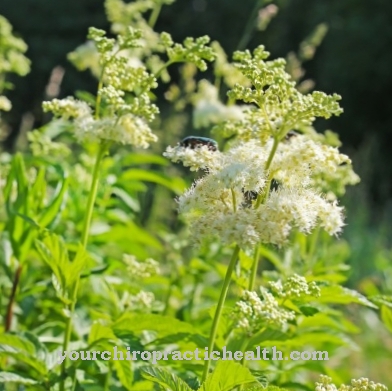



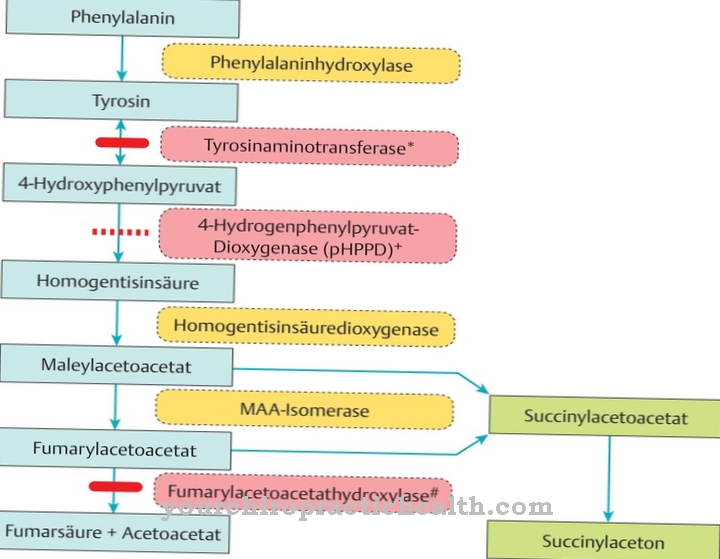
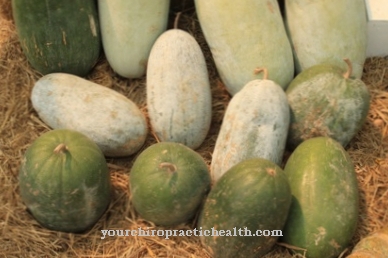
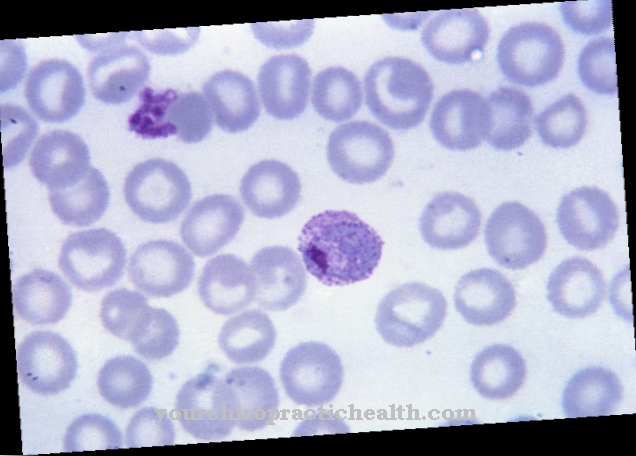


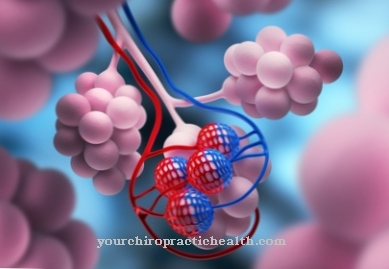








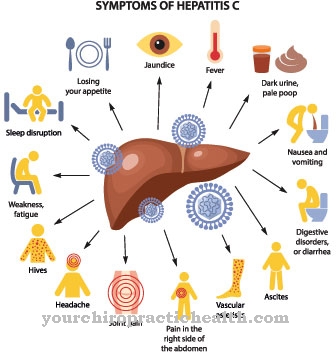
.jpg)


